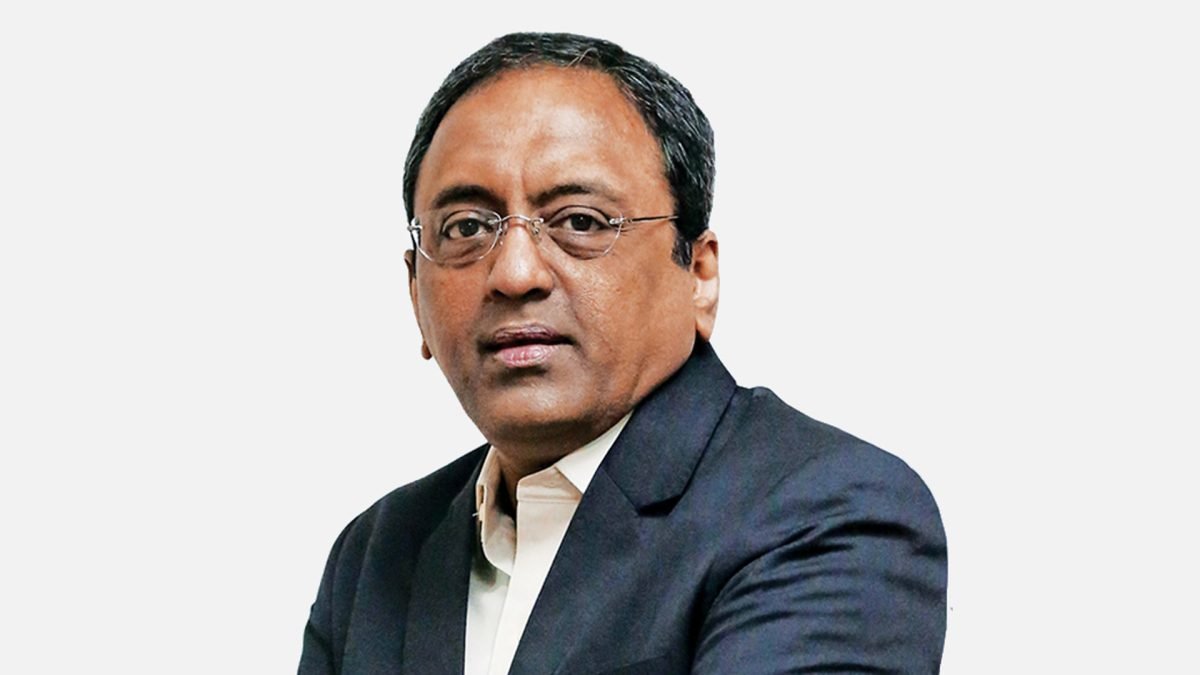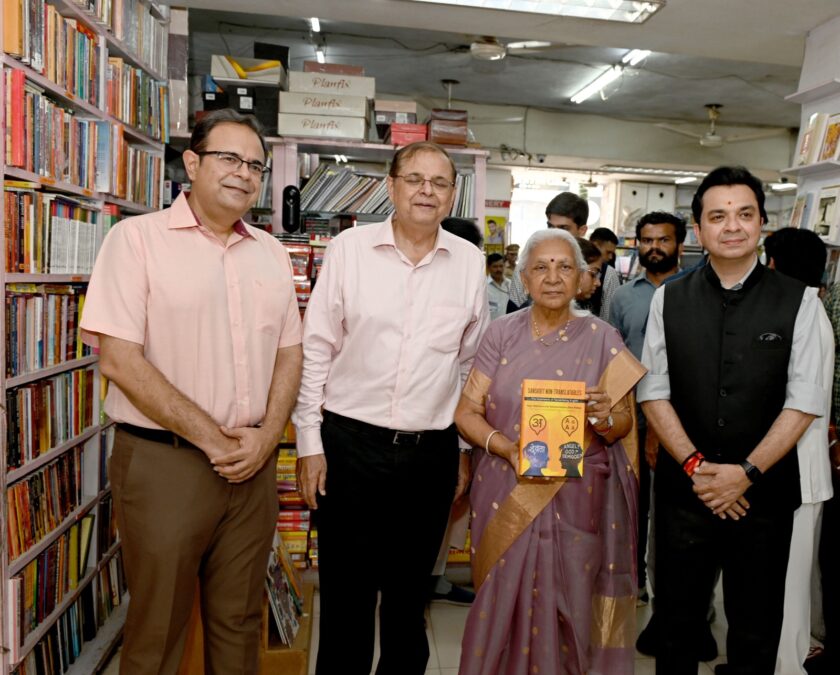New Delhi: The proposal by L&T Chairman S.N. Subrahmanyan to require workers to clock 90-hour workweeks, including Sundays, has sparked widespread backlash. Subrahmanyan framed his suggestion as a push towards “nation-building” and achieving “extraordinary outcomes through extraordinary effort.”
However, his comments, particularly a viral video where he questioned how much time people could spend “staring at their spouses,” drew criticism for being tone-deaf and dismissive of work-life balance.
Subrahmanyan apologized, albeit sarcastically, for not being able to enforce Sunday workdays, adding that he personally works on Sundays and would be happier if employees did too. His remarks were bolstered by a narrative that India’s decade of progress demands unparalleled dedication, yet social media users, industry leaders, and celebrities have strongly opposed the idea.
Bollywood star Deepika Padukone and RPG Group Chairperson Harsh Goenka were among the prominent voices condemning Subrahmanyan’s proposal. Goenka posted on X (formerly Twitter), ridiculing the concept of “Sun-duty” and emphasizing the importance of work-life balance over relentless hours.

The controversy follows a broader conversation about work culture in India, where leaders like Infosys founder Narayana Murthy have also faced criticism for advocating extended work hours. Subrahmanyan referenced a conversation with a Chinese businessman, who argued that China’s work ethic of 90-hour weeks positions it to surpass the United States, but many found the comparison unrealistic and culturally misaligned.
Critics argue that while striving for national development is commendable, it should not come at the cost of employee well-being. “Reducing life to a never-ending office shift,” Goenka wrote, “leads not to success, but to exhaustion.”





